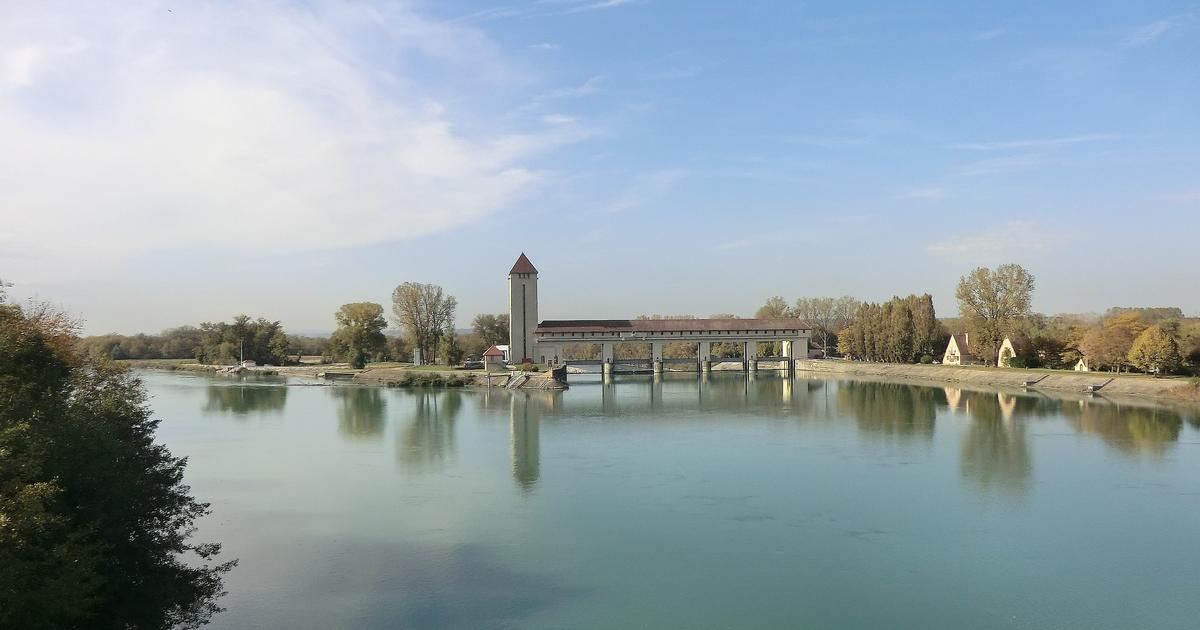At this point, it is possible to affirm that a good part of the 2030 Agenda will not be fulfilled by that date.
You will tell me what news, considering the infuriating slowness with which the international community has been walking on capital issues such as global warming or inequalities.
But the debacle of the pandemic may now extend to other goals and targets without which this exercise is nothing more than a monumental salute to the flag.
More information
Five priorities on the anti-poverty agenda for the new course
Being young and an activist in a pandemic, a problem if you don't have internet
Time to stop the European hawks
A feather-light review of some of the most recent data available shows the following picture (sources: UN SDG 2021 Report, WHO, Global Fund, McKinsey, own calculations):
Extreme poverty: up to 124 million more people, five-year setback in global advances.
Hunger: 161 million more, 16-year setback.
Education (I take the minimum level of competencies indicator in grades one to eight): more than 101 million, going back 20 years.
Health: three million deaths.
First step back in the fight against HIV, malaria and tuberculosis in two decades.
Employment: More than 255 million jobs lost, four times the Great Recession total.
Rescue: 10 billion dollars, of which the increase in Official Development Assistance (ODA) constitutes 0.00000015%.
But the covid has caused a second earthquake, this time of an ideological nature. The statist response in recent months — fiscal deployment, governance of the commons, collective emergency awareness, close ties to science and technology — contrasts starkly with the political context of the Great Recession, in which they were negotiated and approved. the Sustainable Development Goals (SDG): fiscal discipline, withdrawal of the State, a certain fatigue of international cooperation and a political agenda with its back to science.
This is the paradox of the pandemic with respect to the SDGs: what represents a major problem in the short and medium term could end up saving the entire agenda in a longer term.
After all, this vehicle was designed for the political highways now deployed by states, and not for the goat path of shameful neoliberalism.
The question that Keynes would ask is whether in that long term any of us will still be alive
The question the economist Keynes would ask is whether any of us will still be alive in the long run. It is not just about the hundreds of millions of lives condemned to poverty and suffering as a consequence of this historical shock. That alone should serve to rethink the strategy. It's also about the famous points of no return, which we hear about more often as the climate summit approaches. If to this cocktail we add the threat of a pestiferous proliferation of popular nationalism - isolationist and antiscientific - within a decade this conversation could be very different.
In other words, we don't have time to wait for the long term. As in those epic tours of the middle of the last century, we have to change our clothes without stopping pedaling. The optimal adaptation of the 2030 Agenda is based on a delicate exercise that allows safeguarding existing priorities and incorporating some financial and institutional mechanisms that link them with post-covid priorities and thus provide them with political traction.
And since I know that the above sentence could have been spoken in Parliament, let me use an example to explain that not everything is smoke.
The attached table summarizes (roughly) the evolution of priorities on the global health agenda.
The key to the last column is not only to incorporate more issues, but also that each one of them links the international community - North and South - in a way that we have not seen now.
And it is that bond that can save us.
Evolution of the international global health agenda
2000
-Infectious diseases of poverty
-Creation of public-private initiatives
-Development aid
as the main tool
2015
All of the above, plus:
-Universal Health Coverage
-Noncommunicable
diseases
-Performance
of poor countries via budgets and policies
2021
All of the above , plus:
-Preparation for future emergencies
-Health as a determinant of security and prosperity for all
-Cooperation in all directions
-Multilateral governance
I end with an argument that we have repeated in this blog: of all the tools that governments have at their disposal to face this challenge, development cooperation is one of the best equipped.
Their experience in key areas of this process should not be wasted: unlikely alliances, policy innovation, knowledge and skills transfer, social mobilization, new narrative framework, complex governance models.
Not to mention their ability to compensate the utilitarian temptations of the States with the altruistic commitment of their societies.
Do we have the cooperation system in Spain that we need to respond to this challenge?
No. That is why it needs to be reformed urgently.








